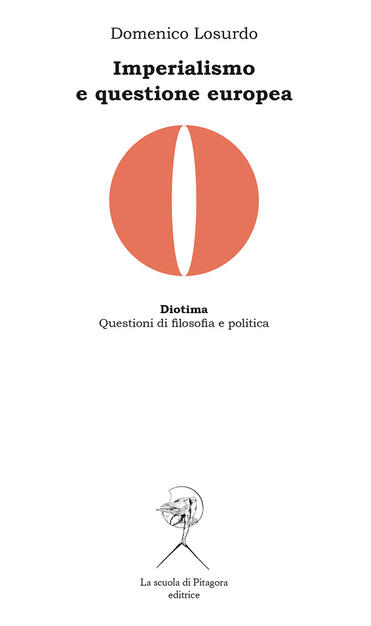Liberalism: An Ideology of Exclusion? (Part 1)
In the first of a two-part review, political theorist Ed Rooksy examines the original perspective on the liberal tradition set out by Italian philosopher Domenico Losurdo in Liberalism: A Counter-History (Verso 2011). His critique of Losurdo and rival account of the nature of liberalism are developed in Part 2, which follows shortly.
Beyond liberal hagiography
As Anthony Arblaster has pointed out, the history of liberalism has, in the main, been written by liberals and, consequently, liberalism tends to get a rather better press than it would probably otherwise enjoy.[1] Indeed liberal definitions of liberalism are often more than faintly self-congratulatory – frequently, they consist of a list of Good Things that are taken to be the core, defining values and commitments of this political tradition. A typical list might include such values as liberty, respect for the individual, democracy, tolerance, human rights, scepticism and reason for example. Thus, in many liberal accounts, the historical rise of this political ideology is a story of unalloyed progress – the emergence, generalisation and consolidation of enlightenment and freedom....
Liberalism: An Ideology of Exclusion? (Part 2)
In the second of a two-part review of Domenico Losurdo's Liberalism: A Counter-History (Verso 2011), Ed Rooksby challenges Lorsudo's central contention that liberalism is defined by a logic of exclusion and develops a rival account of the nature of liberal ideology.
Losurdo’s argument is certainly striking. Even those familiar with radical critique of liberalism and, indeed, with the historical crimes committed in liberalism’s name, will find some of the practices and political positions uncovered by the author shocking. Certainly, as counter-history, as a broadside against liberal hagiography, the book is highly effective. Furthermore, Losurdo’s core argument – that, more than anything else, liberalism is defined by an internal logic of inclusion/exclusion – is original and audacious. It is, in a sense, an inversion of the prevailing view in relation to this political tradition. Liberalism, for Losurdo, is not, at its heart, a doctrine of universal normative principles, but an exercise in separating the legitimately free from the legitimately unfree, masters from servants, ‘us’ from ‘them’ and thus it is fundamentally an ideology of domination. This is a powerful argument. Nevertheless, while I am sympathetic to much of what Losurdo argues I am also unconvinced by much of the book...
















Nessun commento:
Posta un commento